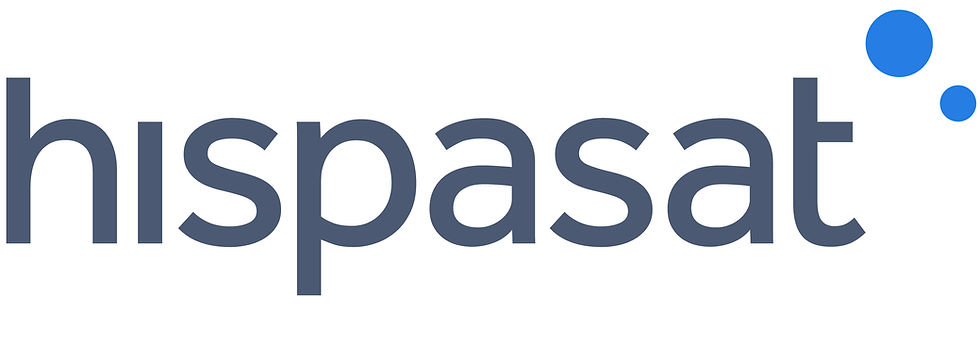ISR operations are delivered bandwidth uplift by Inmarsat L-MAX satellite leading service
- Satellite Evolution

- May 26, 2022
- 3 min read
In response to increasing demand from military customers and governments for wider bandwidth in the air – especially for Intelligence, Surveillance and Reconnaissance (ISR), battlefield surveillance, border patrol, fishery, forestry detection, and protection missions – Inmarsat has launched its new L-MAX leasing service.

L-MAX enables government users to connect via Inmarsat ELERA L-band through both the I-4 and Alphasat satellites. Until now, for ISR aircraft operations, customers have had to choose between the exemplary SWAP (size, weight, power and price) features of Inmarsat SwiftBroadband and the throughput advantages of the larger terminals of Inmarsat Global Xpress.
With only minor modifications to current SwiftBroadband (SB) installations, government agencies can now benefit from the best capabilities of both worlds through the Inmarsat L-MAX service. Launch partner Eclipse Global Connectivity worked closely with the Inmarsat global government team to launch successfully the first commercial operation of this service with a major NATO nation that has had great operational success, already extending the initial contract.
Todd McDonell, President, Inmarsat Global Government said “L-MAX will change the art of the possible for Intelligence, Surveillance and Reconnaissance applications. Our government users shared their need for a data throughput of no less than 1 megabits per second, particularly on the return link from airborne platforms. This allows them to share video and surveillance information in real-time, while providing a more sustainable service and reducing the cost to run the aircraft and time to implement.
“It is our pleasure to launch an ideal solution for this requirement with L-MAX, alongside such an expert integrator as Eclipse Global Connectivity. Together we’ve seen excellent initial commercial success, and we look forward to rolling out the solution to governments throughout Europe, the Middle East, Africa and the Asia Pacific region.”
L-MAX reserves bandwidth and power over a geographic region for a specified duration, and uses higher-order modulation and coding (MODCOD) to deliver efficiently Internet Protocol (IP) data. This provides a high data-rate, cost-effective, end-to-end communication solution over a secure, highly resilient, and reliable Inmarsat private network using the SWAP features of ELERA terminals.
Moreover, the lease duration is flexible and can be tailored to specific mission requirements with guaranteed bandwidth, offering flexibility for better decision-making. L-MAX requires minimal aircraft modification for aircraft already fitted with Inmarsat’s SB service. Users can achieve significant throughputs, ensuring not only more effective sorties but also much less downtime.
Marc Pinault, CEO of Eclipse Global Connectivity, said: "Our commitment to working closely with Inmarsat has led us to be the first company to facilitate L-MAX delivery. This collaboration is a foundation for helping our Europe, Middle East and African defence, and other customers get the maximum possible performance from their airborne connectivity systems. Equipping our customers’ aircraft with the avionics, antennas and software required to facilitate this enhanced network capability, allows them to take advantage of Inmarsat's ELERA L-band capacity through the integration and configuration of both airborne and ground network components.”
The engineering team at Eclipse has a specialised understanding of satellite operations at both the satellite and ground network levels. The L-MAX service requires Eclipse’s engineers to access and manage elements of Inmarsat’s satellites and ground network and configure the airborne components to match the settings on the ground. This knowledge and capability is unique in the industry and is a testament to Eclipse’s extensive investment in its engineering capability.
The highest increase in the number of L-MAX suitable aircraft is currently in France, Germany, India, Canada, Japan, and Australia, with smaller fleets in a further half a dozen countries. The augmented operational capability LMAX provides for ISR missions in these countries is generating significant commercial interest and will revolutionise the capture and command of mission-critical data.



Comments